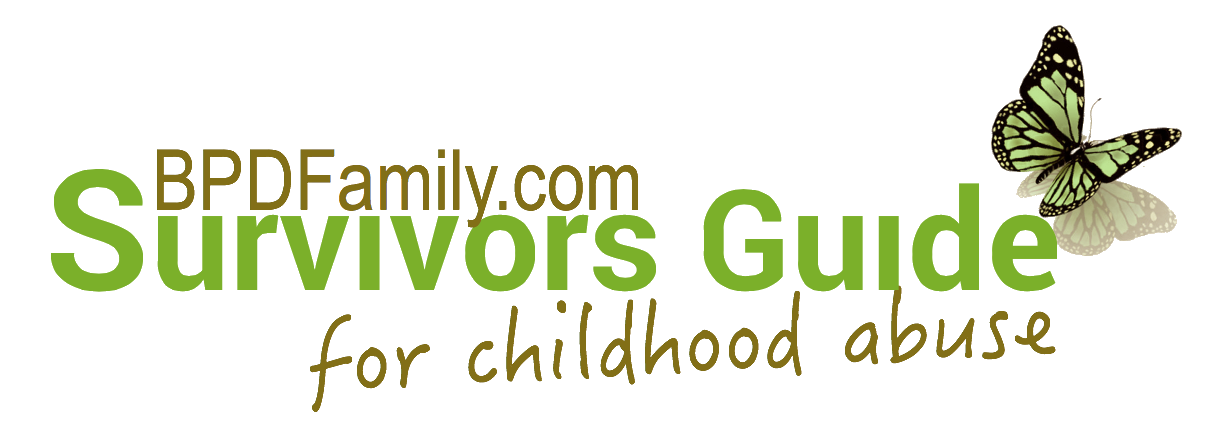 |
|
I have identified the parts of myself connected to self-sabotage. |
|
Mourning [Step 9]: This step involves identifying and sorting out all the various aspects of yourself so that you can understand which parts are helpful and which are responsible for self-sabotaging acts in your life. Self-sabotage is probably a source of some of the problems you identified in your inventory in Step Eight. By now, you probably know where the self-sabotage comes from and how it affected you as a child. Now, as an adult, you need to look at the part of you that controls this behavior and how it expresses itself in your everyday life.
As you identify the parts of you responsible for the self-sabotage, you will probably discover adult versions of the childhood roles you played. Many of the most common roles that adult survivors used as children are still employed but bear different labels: "co-dependent" for "caretaker," "masochist" for "scapegoat," "offender" for "bully," "leader" for "hero," and "eccentric" for "recluse." Although certain aspects of these roles may help you in your daily functioning, they will create problems for you if you let them dominate your interactions. For example, caretaking is an essential part of parenting, but dominating or overcontrolling your child is a common characteristic of co-dependent mothers. Try to identify what roles you adopt as an adult the positive ones as well as the problematic ones. Learning to strengthen the healthy aspects of yourself while controlling the less helpful ones will be a major task in Mourning and Healing |
© The Norma J. Morris Center, San Francisco, California